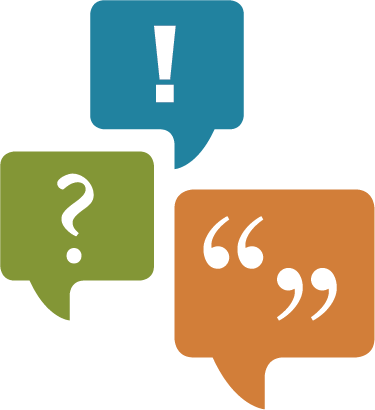In 2018, a survey by the Claims Conference examining Holocaust knowledge and awareness worldwide found that:
- A majority of Americans polled believe something like the Holocaust could happen again.
- Nearly one-third of all Americans polled and more than 4-in-10 Millennials believe that substantially less than 6 million Jews were killed during the Holocaust.
- While there were over 40,000 concentration camps and ghettos in Europe during the Holocaust, almost half of Americans polled cannot name a single one – and the percentage is even higher amongst Millennials.
“Those who cannot remember the past are condemned to repeat it.”
—George Santayana, The Life of Reason, 1905
Conversation Builds Character believes it is important to learn about the Holocaust because it is one of the most effective subjects for examining basic moral issues. One of the central goals of education is to teach individuals what it means to be a responsible citizen.
By learning about the behavioral and societal conditions that led to the Holocaust, we can challenge individuals to examine their own thoughts, speech, actions and inactions in light of its historical example.
By providing support for Holocaust education, we aspire to teach others how their individual decisions affect current day issues and our society as a whole. Our hope is that by developing mutual respect and understanding, people can learn to break down barriers and build a more peaceful and unified society.
To change the future, we first must understand the past. We must remember those who perished, so that we might learn why they died. And we must celebrate those who survived, so that we might learn how the heroic actions of others helped people in need.
“Never Again” is not yet a reality, and as long as one group of people is at risk, all people are at risk.

